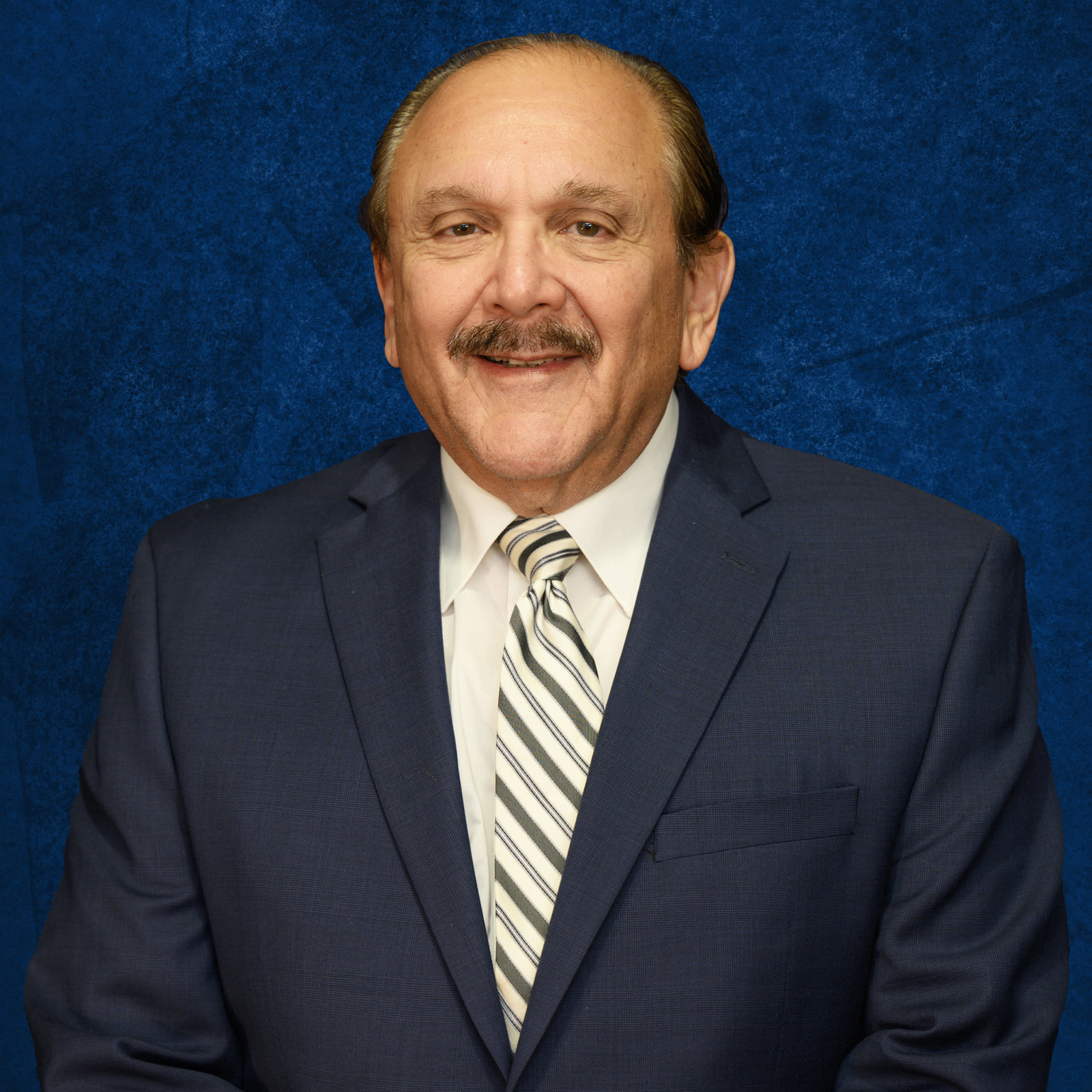
Dealing with the death of a loved one is emotionally challenging, and navigating the legal processes that follow can add significant stress. This is where a probate lawyer becomes invaluable. A Troy probate lawyer specializes in guiding executors, administrators, and beneficiaries through the probate process, ensuring the decedent’s estate is handled according to their wishes and in compliance with state laws. Here are some of the key ways a probate lawyer can help:
Understanding the Probate Process
The probate process can be complex and varies depending on state laws and the size and complexity of the estate. A probate lawyer can help you understand:
- Whether probate is necessary: Not all estates require probate. A lawyer can determine if assets can be transferred outside of probate, such as through trusts or jointly held property.
- The type of probate required: Simplified or informal probate may be available for smaller estates, while larger or contested estates may require formal probate proceedings.
- State-specific requirements: A probate lawyer ensures you comply with local laws and deadlines, avoiding delays or legal issues.
By clarifying the process, a probate lawyer helps you make informed decisions and proceed efficiently.
Filing Legal Documents and Navigating Court Procedures
Probate involves a significant amount of paperwork and interaction with the court system. A probate lawyer can assist with:
- Filing the will with the court: If the decedent left a will, the lawyer ensures it is properly submitted for validation.
- Petitioning for executor or administrator appointment: The lawyer helps the chosen executor or administrator obtain the legal authority to act on behalf of the estate.
- Preparing and filing necessary forms: This includes inventories of the estate’s assets, notices to creditors, and tax-related filings.
These tasks can be overwhelming, especially for individuals unfamiliar with legal procedures. A probate lawyer ensures that all documents are accurate and filed on time.
Identifying and Managing Estate Assets
One of the key responsibilities of the executor or administrator is to identify, value, and manage the decedent’s assets. A probate lawyer can help by:
- Locating assets: This includes bank accounts, investments, real estate, personal property, and digital assets.
- Appraising the estate: The lawyer can arrange for professional appraisals to determine the fair market value of assets, which is necessary for tax and distribution purposes.
- Securing property: The lawyer ensures that valuable items, such as real estate or heirlooms, are protected during the probate process.
- Handling disputes over assets: If conflicts arise among beneficiaries, the lawyer acts as a mediator or advocate to resolve disagreements.
Proper management of assets is essential to preserving the estate’s value and ensuring a smooth distribution.
Settling Debts and Taxes
A probate lawyer ensures that all outstanding debts and taxes are handled appropriately, which is a crucial step in settling an estate. They can help with:
- Notifying creditors: The lawyer assists in identifying and notifying creditors, as required by law.
- Evaluating and paying claims: They review creditor claims for validity and help prioritize payments to ensure legal compliance.
- Filing tax returns: This includes the decedent’s final income tax return, estate tax return (if applicable), and any outstanding property taxes.
Addressing debts and taxes incorrectly can result in legal complications, so a probate lawyer’s expertise in this area is critical.
Distributing Assets to Beneficiaries
Once debts and taxes are settled, the remaining assets are distributed to the beneficiaries according to the will or state intestacy laws (if there is no will). A probate lawyer helps by:
- Interpreting the will: They ensure the executor follows the decedent’s instructions accurately.
- Navigating intestacy laws: If no will exists, the lawyer ensures assets are distributed in accordance with state laws.
- Drafting and executing transfers: They handle the paperwork for transferring ownership of assets, such as real estate deeds or vehicle title changes.
This step marks the culmination of the probate process, and a lawyer ensures it is completed without disputes or errors.
Resolving Disputes and Contests
Probate disputes can arise over the validity of a will, the distribution of assets, or the actions of the executor. A probate lawyer can assist by:
- Defending the will: If someone contests the will, the lawyer represents the executor in court to uphold its validity.
- Mediating family conflicts: The lawyer helps resolve disagreements among beneficiaries to avoid prolonged litigation.
- Litigating disputes: In cases of suspected fraud, undue influence, or breaches of fiduciary duty, the lawyer represents your interests in court.
Their expertise ensures that disputes are resolved fairly and efficiently.
Call Our Office for Legal Assitance
A probate lawyer plays a vital role in managing the legal complexities of administering an estate. Whether you are an executor, administrator, or beneficiary, working with a probate lawyer provides peace of mind and allows you to focus on honoring your loved one’s legacy. If you’re navigating probate, call Gudeman & Associates, P.C. for legal assistance.






